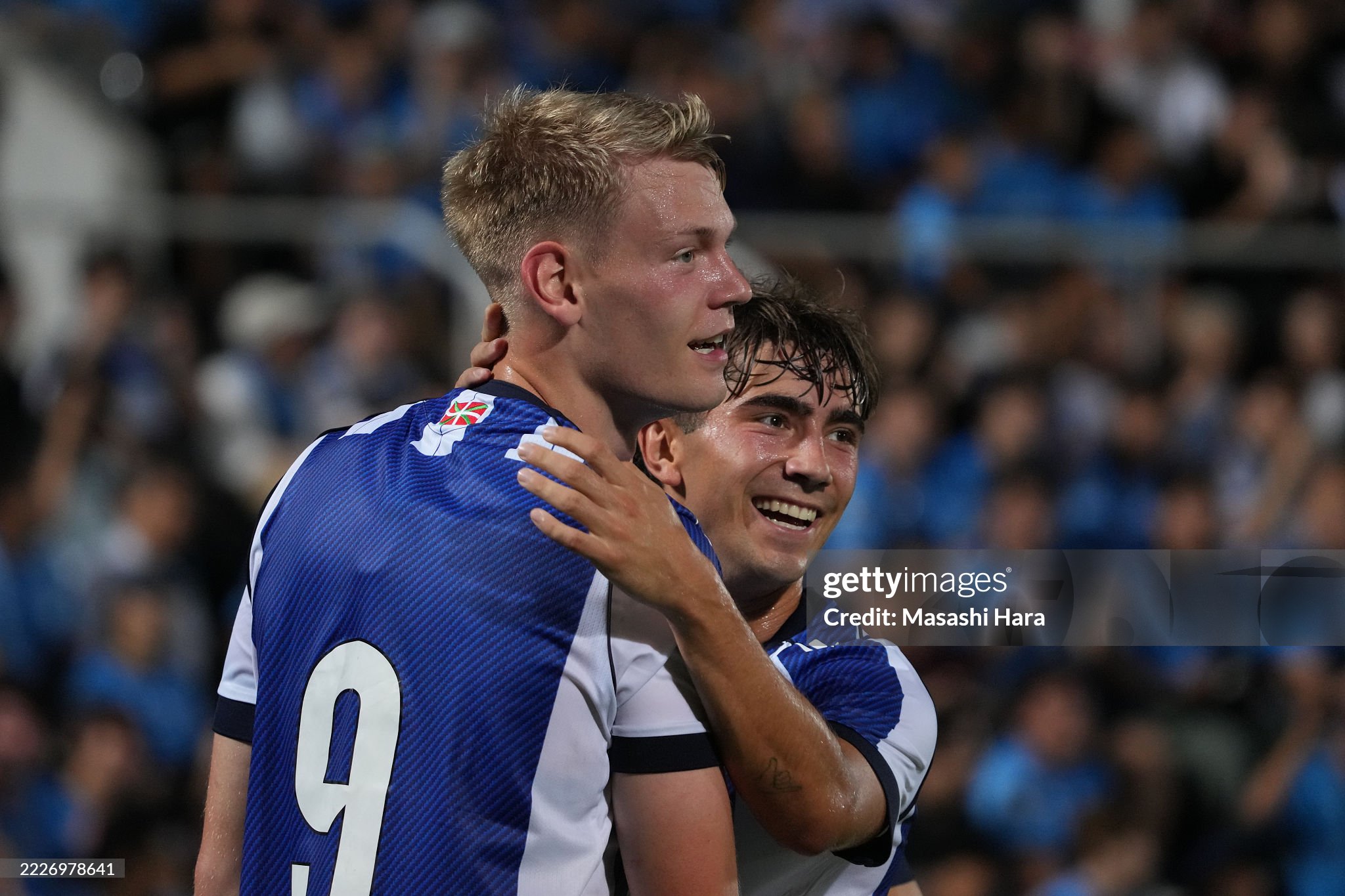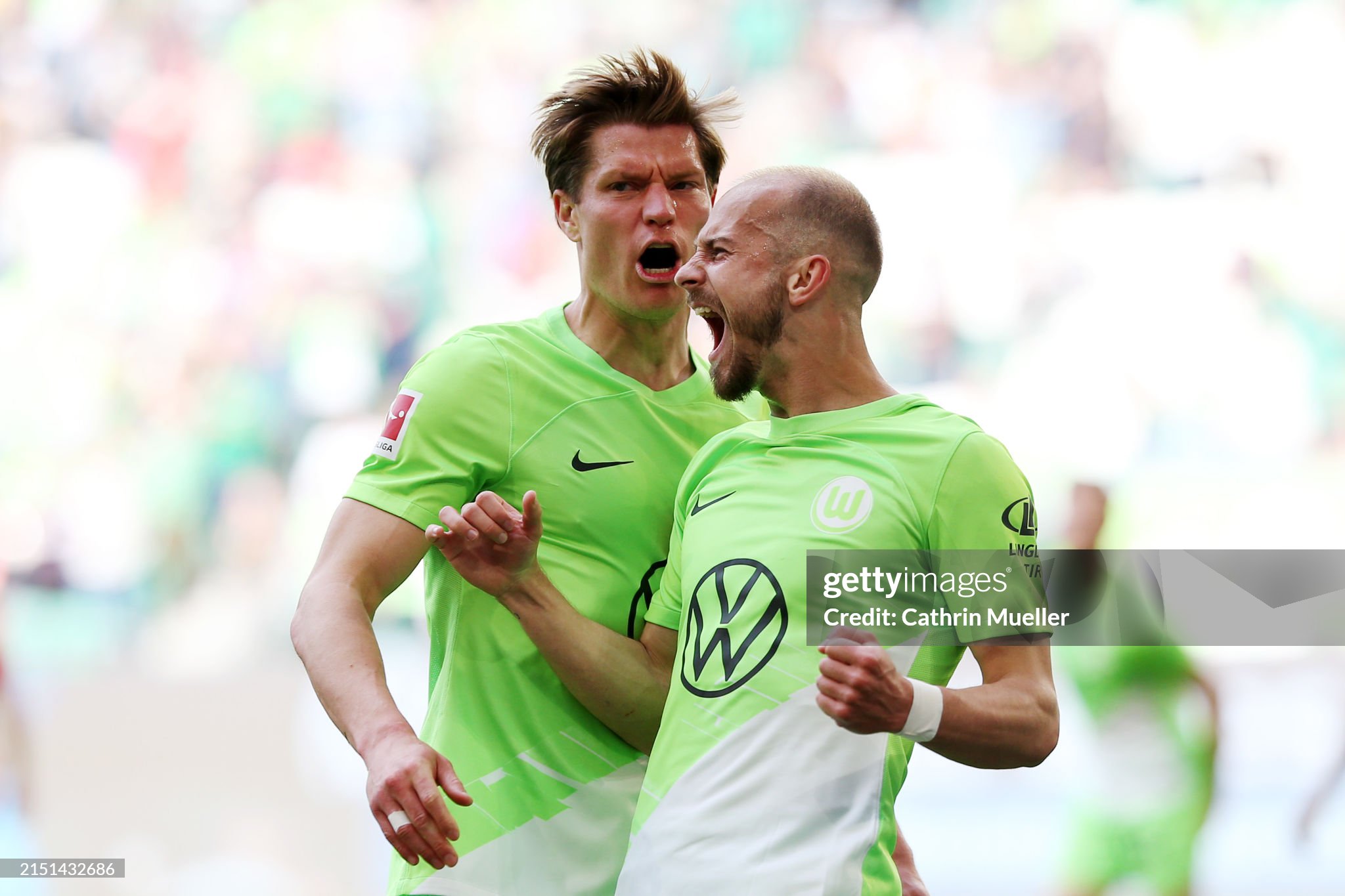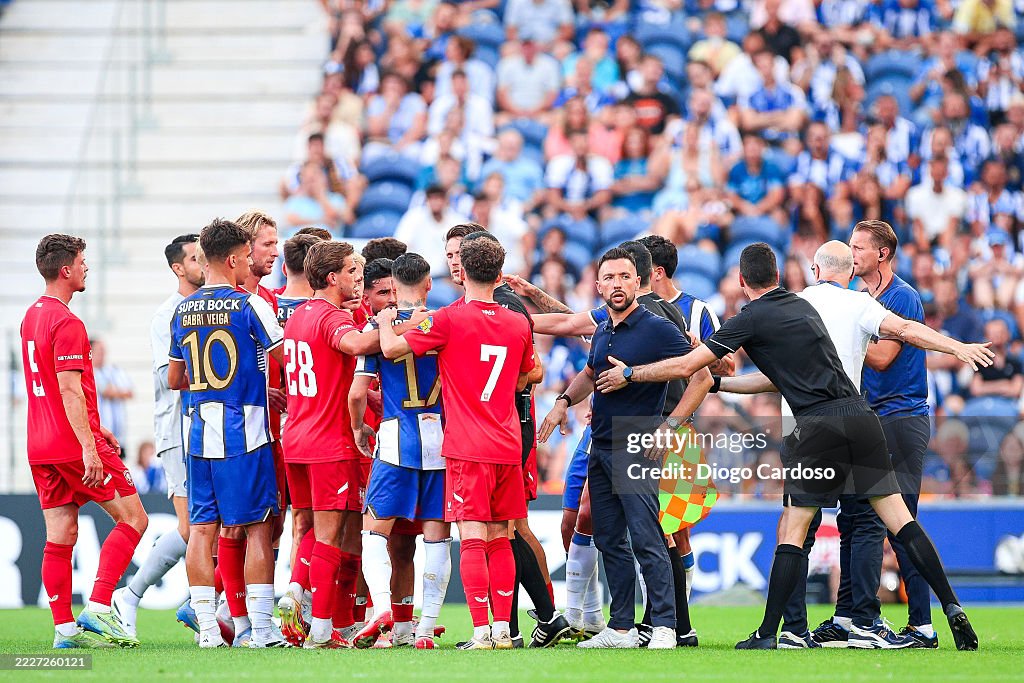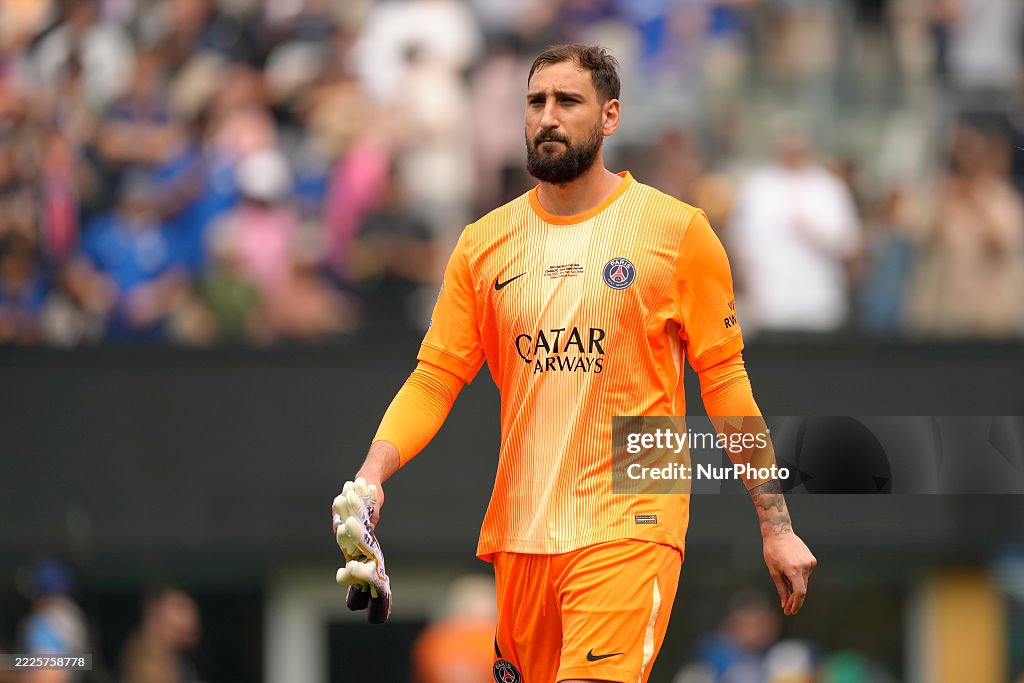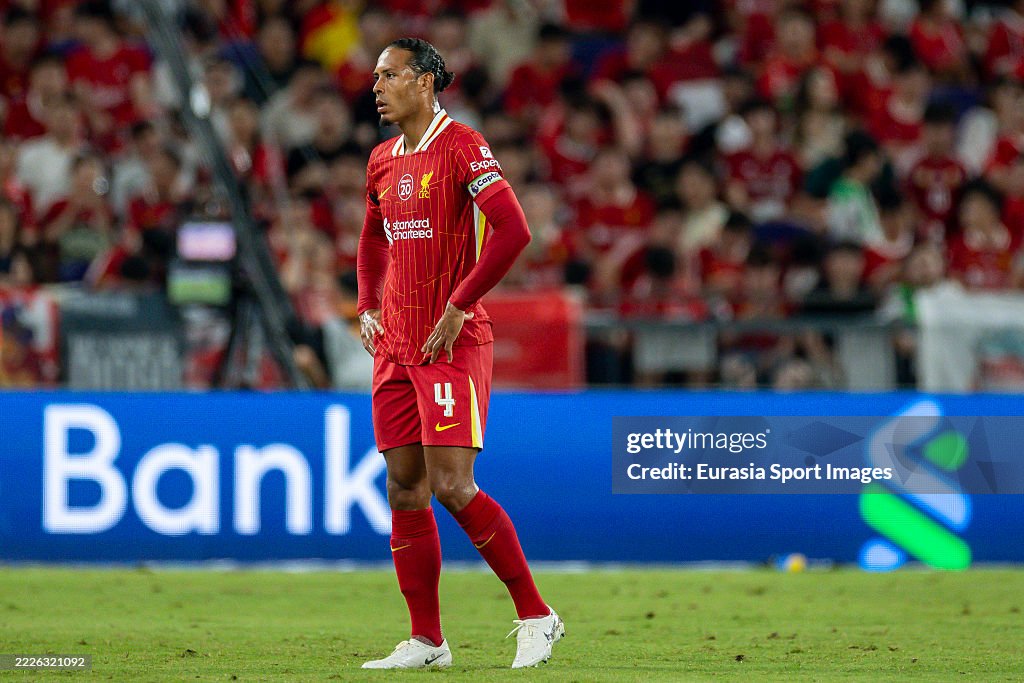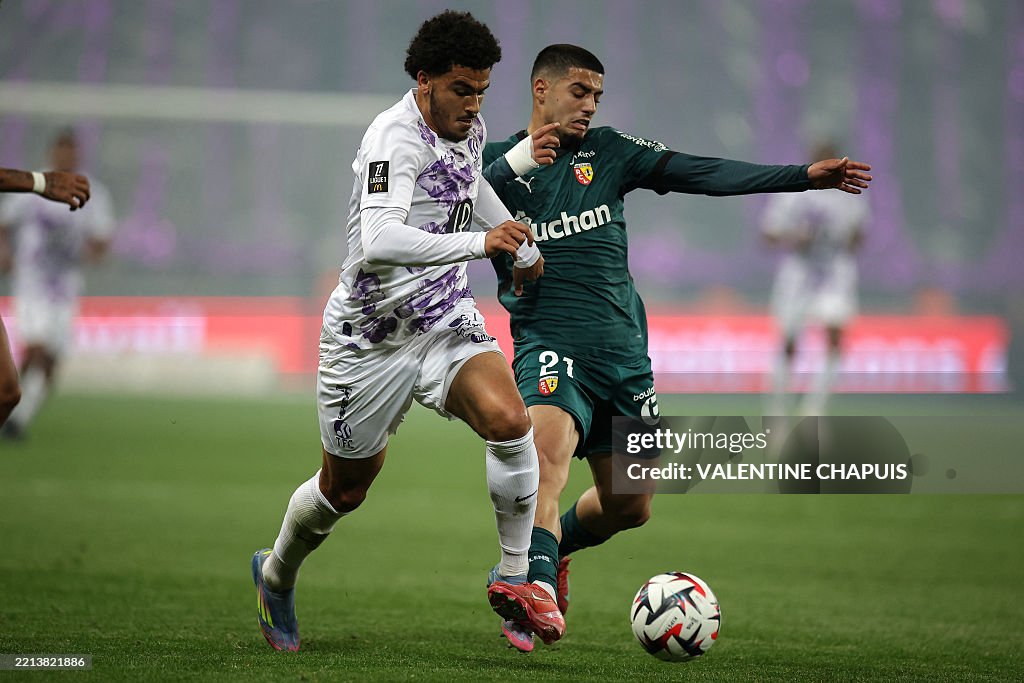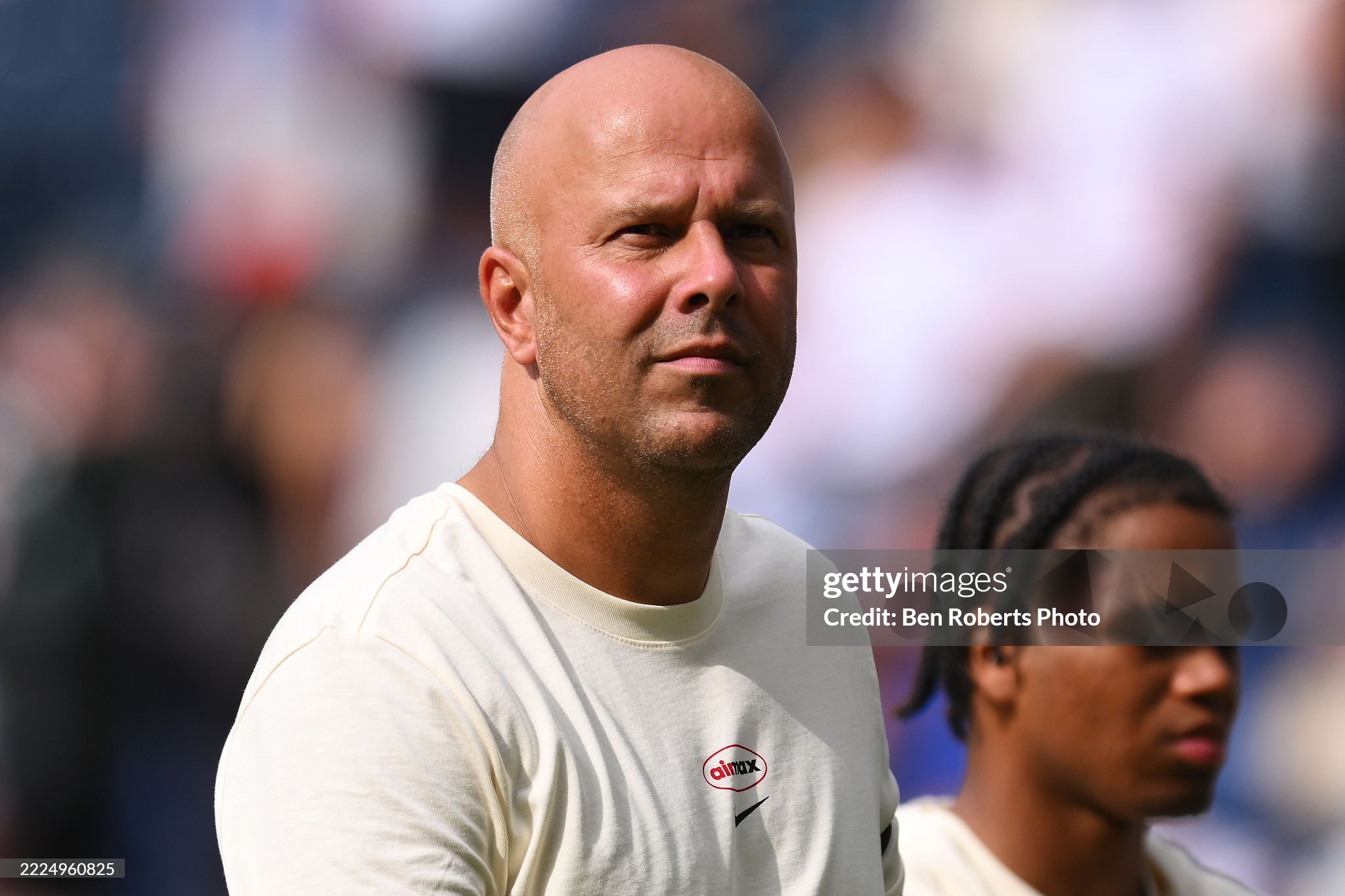Luis Enrique is getting his players fired up for the Club World Cup, in which Atlético Madrid will be the first opponent on Sunday. According to the Spaniard, the Paris Saint-Germain players are motivated to the core.
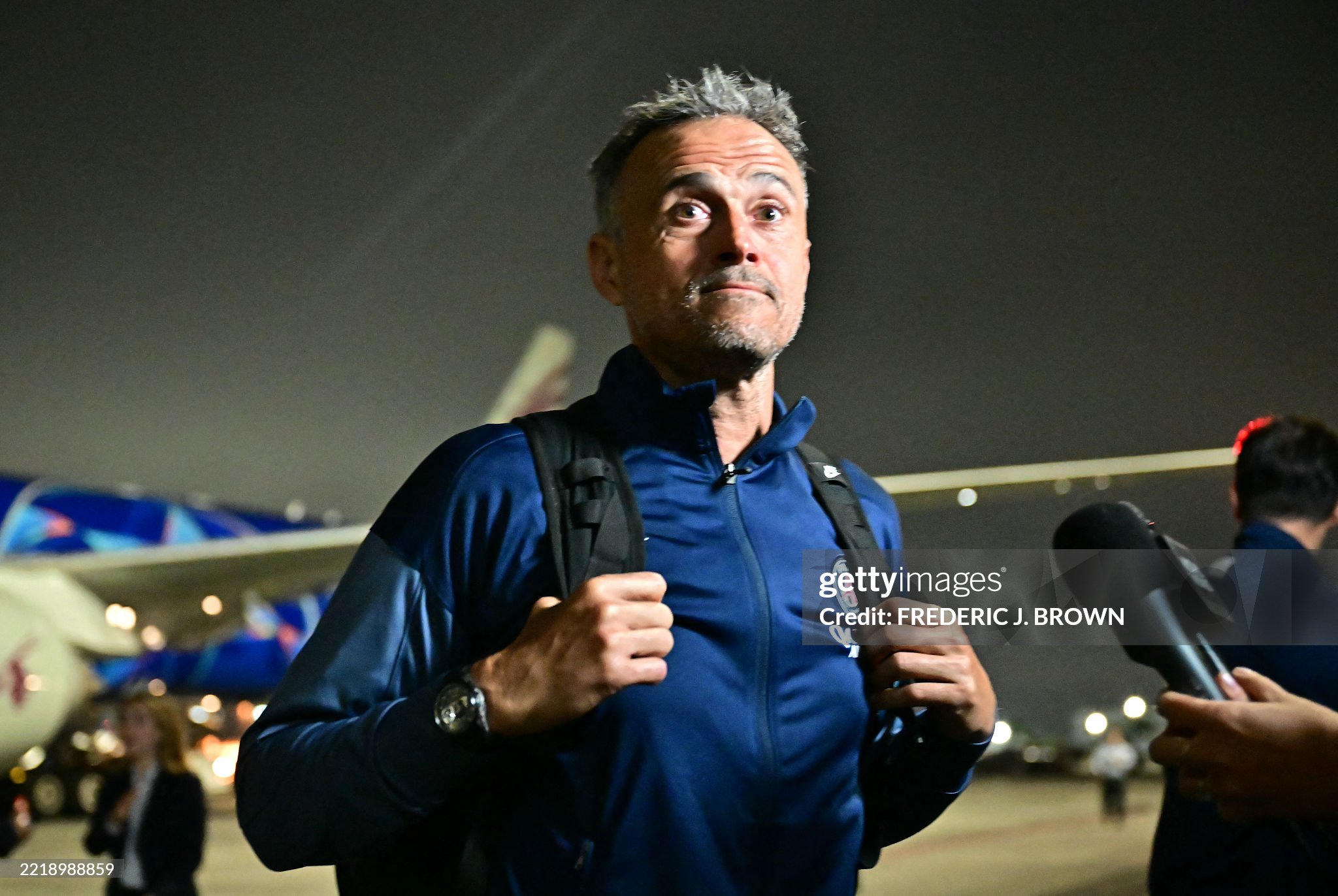 Embed from Getty Images
Embed from Getty Images
PSG had already climbed the highest peak of European football three weeks earlier by lifting the Champions League in Istanbul, yet Luis Enrique insisted that the squad could not afford even a day of complacency.
In the press area at Levi’s Stadium in Santa Clara, the coach spoke at length about the need to reset quickly, pointing out that the new-format Club World Cup offered a unique opportunity to make more history for a club still chasing true global recognition. He added that the unusual late-June scheduling forced his staff to compress recovery, travel and tactical preparation into a ten-day window, something he described as a coaching puzzle that demanded what he called absolute clarity of purpose.
The Catalan’s words were not empty rhetoric. Training sessions in the Bay Area were open to local media for the first fifteen minutes, and what reporters saw matched his description: starters and reserves taking part in high-intensity rondos, sprint drills and repeated small-sided games. Goalkeeper coach Gianluca Spinelli even staged a penalty-save contest to keep spirits high, while head of performance Gregory Dupont adjusted workloads for players who had logged more than fifty competitive matches since August. Internally, the fitness staff warned that muscle-fatigue markers were approaching red-zone levels for Ousmane Dembélé and Achraf Hakimi, yet both featured in the starting eleven against Atlético Madrid, underlining how much the trophy meant.
This determination was necessary because Diego Simeone’s side arrived with their own narrative. Atlético had beaten PSG 3-2 in Paris during the Champions League group stage back in November, and the Argentine coach reminded everyone of that result in his pre-match briefing, saying that little had changed in the way both teams approached big games. His claim was half true. While Atlético kept their rigid 5-3-2 defensive shell and direct transitions, PSG’s evolution since the winter break was obvious: Vitinha’s deeper starting position allowed Warren Zaire-Emery to venture forward earlier, while Bradley Barcola lined up wide on the left to create isolations against Marcos Llorente, pushing Dembélé to the right touchline and stretching Atlético’s block horizontally.
The tactical chess match produced a first half of mixed rhythms. PSG dominated possession, recording six shots and forcing Jan Oblak into three reflex saves, the most spectacular coming in the 19th minute when he tipped Dembélé’s dipping volley over the bar. Atlético relied on counter-attacks: Antoine Griezmann twice slipped Álvaro Morata in behind Milan Škriniar, only for the Spanish striker to mistime his run on each occasion. The breakthrough arrived on thirty-four minutes. Fabian Ruiz recycled a cleared corner, lofting a diagonal to the far post where Marquinhos headed back across goal. Vitinha ghosted between Mario Hermoso and Rodrigo De Paul and steered a low shot inside the upright. The midfielder’s wheel-away celebration toward the travelling PSG supporters told its own story legs may have been heavy, but ambition was intact.
Half-time statistics underlined that superiority: 59 per cent possession, 280 completed passes to Atlético’s 132, and eighty-seven touches in the attacking third. Yet Simeone sides are rarely beaten until the final whistle. The equaliser, when it came five minutes after the restart, carried the stamp of several of his classic knockout-punch goals. Koke intercepted a risky pass from Nuno Mendes and swung a first-time ball toward the left channel. Griezmann, dropping from the front line, flicked it beyond Marquinhos and charged through the inside-left lane before rolling a cut-back for himself after threading past Donnarumma. A scrambling Vitinha recovered to block the first effort, but the rebound fell kindly and the French forward made no mistake on the second attempt, side-footing high into the net in front of the red-and-white corner of the stadium.
At 1-1 the momentum swung briefly. Simeone urged Reinildo and Llorente to push higher, while De Paul and Saúl covered the half-spaces. PSG responded by introducing Kolo Muani for Barcola, shifting Dembélé to the left. The change proved decisive. With nine minutes remaining, Zaire-Emery stripped Saúl inside the centre circle and accelerated through midfield. Dembélé’s outward run dragged Stefan Savić wide, opening a lane for Muani to burst between the centre-backs. One perfectly weighted slip-pass later, the French striker was in on goal and drilled low across Oblak. The finish was precise, but the celebration arms spread, sliding on both knees toward Luis Enrique spoke louder. It was a moment that validated the manager’s insistence that every player, even those rotated in and out all spring, must stay ready.
The final passages were frantic. Simeone threw on Ángel Correa and Memphis Depay, switching to a 4-2-4 in search of a second equaliser. PSG’s back line bent but refused to break. Skriniar cleared a Correa cross inside his own six-yard box, while Donnarumma palmed away a Depay free-kick deep into added time. After four minutes of additional play, Colombian referee Wilmar Roldán blew for full time. The attendance board read 68 421; most neutrals applauded both teams off the pitch, mindful they had witnessed a high-quality contest that balanced European rivalry with the novelty of a global club event on American soil.
Beyond the ninety minutes, the significance was multilayered. For PSG, the victory extended an unbeaten run in all competitions to fourteen games and reinforced a culture of relentless competitiveness that Luis Enrique has preached since his arrival last July. The Spaniard’s post-match comments reflected that mindset. He noted that the team’s job was only half done and that recovery protocols would begin on the flight back to the East Coast, where PSG face CONMEBOL champions Palmeiras in the semi-final. He highlighted the performance of Zaire-Emery, praising the teenager’s maturity, and applauded Kolo Muani for seizing his opportunity. When asked about fatigue levels, he conceded that the calendar was brutal but argued that great teams make no excuses.
Atlético, meanwhile, took consolation from their performance. Griezmann pointed out that the squad were still integrating academy graduates Carlos Martínez and Samuel Omorodion and argued that the experience gained against elite opposition would serve them well in the Spanish Super Cup and La Liga run-in. Simeone, never one to dwell on moral victories, spoke instead about details. He referenced the moment in the sixty-fifth minute when João Felix, on loan at Benfica but watching from the stands, appeared on the big screen and drew jeers from both sets of supporters—evidence, in his view, that football memories run long and that psychological elements often sway tight matches.
Broadcast analysts homed in on the evolving shape of the modern Club World Cup. With twenty-four clubs drawn from across five confederations, the tournament’s expanded format requires teams to play up to five matches in seventeen days, effectively mirroring a small-scale continental championship. Commercially, the impact is already clear. Tournament organisers confirmed before kickoff that merchandise sales in host cities were 43 per cent higher than projections, and ticket revenue for the seven-match knockout phase is expected to surpass 120 million dollars. For PSG’s Qatari owners, those numbers align neatly with their dual aims of sporting excellence and brand expansion in North America, the latter accelerated by Kylian Mbappé’s summer departure freeing wage room for a cluster of marketable young signings.
On the tactical front, pundits praised Luis Enrique’s flexible midfield triangle, which morphed between 4-3-3 and 3-2-5 shapes in possession. Vitinha’s role was singled out: his average position map showed him operating almost in line with the centre-backs during build-up, enabling both full-backs to advance simultaneously and pin Atlético’s wingers deep. That territorial dominance, coupled with Donnarumma’s proactive sweeping outside the box, limited Griezmann’s preferred roaming areas and forced Atlético into longer build-up phases that do not suit their usual high-tempo transitions.
Numbers backed up that assessment. Final statistics recorded PSG with 639 completed passes to Atlético’s 387, an expected-goals total of 2.3 to 1.1, and twelve touches in the opponent’s penalty area compared with Atlético’s seven. Yet the margin of victory remained a single goal, a reminder that knockout football punishes even minor lapses. In that context, Luis Enrique’s sideline demeanour constantly gesturing for his defenders to reset shape even in the 93rd minute seemed less like perfectionism and more like survival instinct.
Looking ahead, PSG fly to New Jersey to meet Palmeiras at MetLife Stadium on Thursday, while Atlético return to Madrid for a ten-day break before pre-season fixtures against River Plate and Inter Miami. The Spanish club’s elimination will sting, but insiders suggest the additional rest may prove beneficial given their congested domestic calendar. PSG, conversely, risk playing their 63rd match of the campaign if they reach the final, a workload that no Ligue 1 side has ever endured. Nevertheless, sporting director Luís Campos insisted on the tarmac that squad depth was deliberately built for such runs, pointing to the winter acquisitions of João Neves and Rayan Cherki as strategic insurance.
For neutral observers, the broader narrative is enticing: a European powerhouse chasing a continental-plus-global double, a South American champion eager to remind the world of its pedigree, and American stadiums filling with fans drawn by the promise of meaningful matches beyond traditional club borders. If the opening night in Santa Clara offered a taste of that blend, the next fortnight may well mark the moment the Club World Cup shed its novelty tag and entered mainstream football consciousness.

